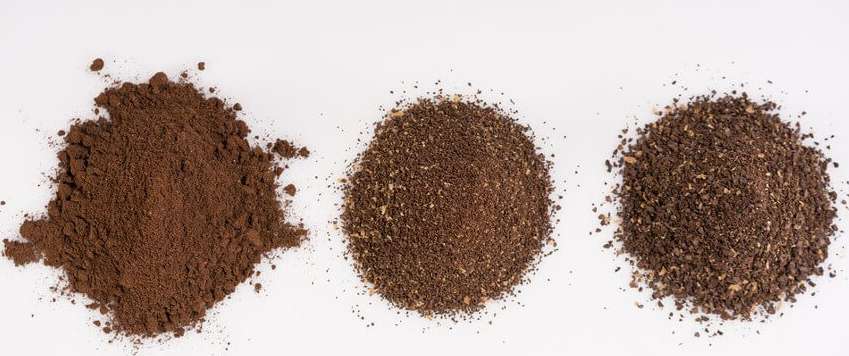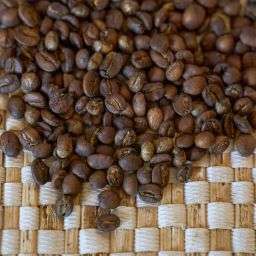
Have you ever pondered over your morning cup of coffee and thought about giving those used grounds a second go? The idea of reusing coffee grounds is intriguing for several reasons – it could save money, reduce waste, and sound like a neat eco-friendly hack. But, does it really work, or does it compromise the sacred ritual of enjoying a perfect cup of coffee? The consensus leans towards the latter. The flavor, caffeine content, and the overall coffee experience tend to suffer, raising a big question mark on the advisability of this practice.
Key Takeaways
Before we dive deeper, let’s quickly skim through the essential takeaways:
- Flavor degradation and a noticeable reduction in caffeine content make the second brew less appealing.
- Spent grounds have alternative uses, like enriching your garden soil or as a natural skin exfoliant, which can be quite beneficial.
- There are health risks due to potential bacterial growth in reused grounds that have been left out.
- The feasibility of reusing grounds varies significantly across different brewing methods, affecting the outcome of your coffee.
Can You Use Coffee Grounds Twice?
Straight to the point – while you can reuse coffee grounds, it’s not something we’d recommend if you’re after that rich, aromatic cup of coffee we all love. The flavor and caffeine content take a significant hit, leaving you with a brew that might just miss the mark on satisfying your coffee craving.
The first brew extracts the best of what coffee grounds offer – aromatic oils, flavors, and, importantly, caffeine. Attempting a second brew? You’re likely to encounter a bitter and less enjoyable cup. While reusing grounds might seem budget-friendly and eco-conscious, the trade-off in taste and pleasure could be considerable for true coffee aficionados.
Not only does the caffeine content plummet in the second brew, but the flavor compounds responsible for that delightful coffee taste are mostly depleted. What’s left behind? A brew that’s more about necessity than enjoyment.
Brewing Methods and Reuse Potential
When it comes to reusing coffee grounds, not all brewing methods are created equal. Take cold brew, for instance. Reused grounds can actually yield a decent cold brew, albeit with a taste that’s not as robust as the first batch. Adding a bit of milk or sweetener might make it more palatable for those who enjoy iced coffee or other cold beverages.
On the other hand, using grounds a second time in a French press or espresso machine is a different story. In the case of espresso, the second shot was described as extremely bitter and almost undrinkable. It seems the more delicate the brewing method, the less suitable it is for reused grounds.
Alternative Uses for Coffee Grounds
Instead of aiming for a second brew, consider repurposing your spent coffee grounds. In the garden, grounds can act as a natural fertilizer, offering nitrogen-rich nutrients to plants. For your skin, a homemade scrub made from coffee grounds and coconut oil can exfoliate and revitalize. Even around the house, grounds can absorb odors or be used as a natural cleaning scrub for tough stains.
FAQs
Q: Are there health risks with reusing coffee grounds?
Yes, especially if they’re left out too long. Bacterial and fungal growth can occur, posing health risks. It’s best to use them the same day or for non-consumable purposes.
Q: What’s the best way to store coffee grounds if I plan to reuse them?
For a short period, keep them in an airtight container at room temperature, but only plan to keep them for a day at most if reusing for coffee. For other uses, they can be dried out and stored similarly.
Q: Does the brewing method impact the success of reused grounds?
Absolutely. Methods like cold brew are more forgiving, while delicate methods like espresso or pour-over yield less favorable results with reused grounds.
Final Thoughts
While the temptation to reuse coffee grounds for brewing is understandable from a waste-reduction standpoint, the consensus is clear: the quality of the coffee suffers. However, this doesn’t mean spent grounds are without value. Their versatility in gardening, skincare, and even cleaning offers a fantastic silver lining. So, before you toss those grounds, consider the myriad of ways they can still contribute around the house and garden.









